Comparing IIT Kanpur’s eMasters in Data Science and Business Analytics with MTech Degree
IIT Kanpur is consistently ranked amongst the top 5 engineering institutes in India over the past several decades. Ranks at 4 and 5 in the Engineering and Overall categories by the NIRF in 2022.
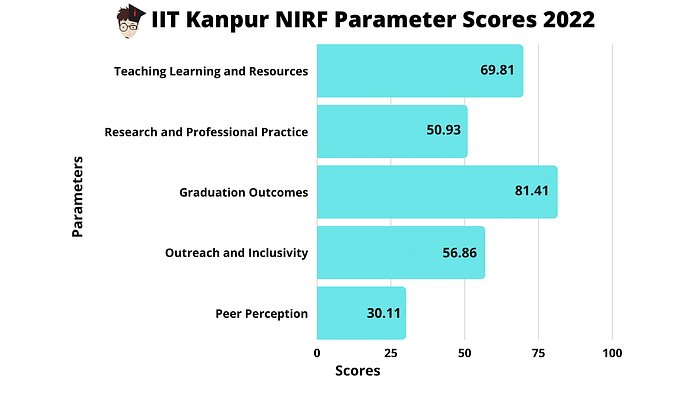
IIT Kanpur is among the top 100 universities of the world in terms of citations per faculty. It bagged 93rd position in QS World University Ranking 2022 and India’s 4th best University in terms of the Employer Reputation judged by 2021 ranking survey.

In a rapidly changing world, working professionals must continually upgrade their knowledge and keep up with the latest developments in diverse fields to be effective and remain relevant. To meet such needs of the industry professionals, online certification programs worldwide have exploded in the last decade. They have matured into formal degree-granting programs in many Universities in the USA and Europe. It has, therefore, become imperative for practicing professionals to have access to a complete ecosystem of knowledge.
The eMasters degree program of IIT Kanpur has been designed to fulfill this requirement. Moreover, given the high reputation of IIT Kanpur in its teaching and evaluation standards, these formal degree courses, with their intended high quality and standard, will help professionals in vertical career growth and improve employment potential during a later movement. eMasters is a new post-graduate level program at IIT Kanpur. It is an entirely online program, with all lectures, discussions, quizzes, and assignments available through an award-winning digital learning platform. The faculty will deliver the course content of IIT Kanpur. The program offers several flexible tracks, with multi-disciplinary modules, to facilitate learning for the professional. All modules are intellectually stimulating and State-of-the-Art — the hallmark of IIT Kanpur.
Other globally available online Masters Degree in Data Science from top institutions: 10 Best Online Master of Data Science Programs — Online Graduate Programs
Masters in Data Science and Business Analytics Program — IIT Kanpur
IIT Kanpur | eMasters | Programme Intro — YouTube
Unlike MTech, eMasters does not have a thesis component. Just like many Masters degrees such as M.E, MSc, MBA, eMasters is also a Masters Degree recognized by all institutions. Opportunity to join Ph.D. at IIT Kanpur after completing an eMasters degree with 60 transferable credits.
— Abhay Kandikar, Professor and Director IIT Kanpur
The program is under MHRD’s guidelines, it does not require UGC/AICTE approval.
As an Institution of National Importance, IIT Kanpur enjoys autonomous status under the MHRD. Though this program is an online degree program, it is an approved program offered within the institute’s charter. The UGC/AICTE guidelines do not apply to this program. The program and degree are and will remain valid.
The University Grants Commission (UGC) is responsible for approving universities in the country. It provides funds for affiliated universities and colleges. The UGC will also grant deemed university status to some of the institutes if they comply with rules and regulations of UGC 1.
The All India Council for Technical Education (AICTE) is a statutory council aimed towards encouraging coordinated development and offering technical education in the country. AICTE approves the upgrades in institutes such as the launch of new courses, an extension of the existing institutes, and the continuation of approval after having a break in the preceding academic year.
MHRD stands for the Ministry of Human Resource Development. It is an Indian government ministry responsible for the development of human resources. The Department of Higher Education, MHRD, is responsible for the overall development of the basic infrastructure of Higher Education sector, both in terms of policy and planning.
When comparing M.Tech and eMasters programs from IIT Kanpur, several key points come into play. Here is an exhaustive list of factors to consider:
- Program Duration: M.Tech is typically a two-year postgraduate program, while eMasters is a one-year executive master’s program. The difference in duration allows individuals to choose based on their availability and time constraints.
- Flexibility: eMasters programs are designed for working professionals and provide a more flexible schedule, allowing students to continue their careers while pursuing higher education. On the other hand, M.Tech programs often require full-time commitment, allowing for a more immersive academic experience.
- Curriculum Focus: M.Tech programs provide a deeper and more comprehensive study in a specific technical field, allowing students to gain in-depth knowledge and research skills. eMasters programs, being executive programs, focus on practical application and industry relevance, equipping professionals with managerial and leadership skills.
- Admission Criteria: The admission criteria for M.Tech and eMasters programs may differ. M.Tech programs typically require a strong academic background and competitive entrance exam scores, while eMasters programs may emphasize professional experience and managerial potential, in addition to academic qualifications.
- Peer Network: M.Tech programs often attract fresh graduates or early-stage professionals, fostering a vibrant peer network of individuals at a similar stage in their careers. eMasters programs, on the other hand, provide an opportunity to network with experienced professionals from diverse industries and backgrounds, enriching the learning experience through peer-to-peer knowledge sharing.
- Research Opportunities: M.Tech programs generally offer greater research opportunities, including thesis projects and collaborations with faculty members, which can be advantageous for those interested in pursuing a research-oriented career. eMasters programs, while focused on industry relevance, may offer limited research exposure.
- Cost and Scholarships: The cost structure for M.Tech and eMasters programs can vary. M.Tech programs often have lower tuition fees, especially for students qualifying for scholarships or assistantship opportunities. eMasters programs, being executive programs, may have higher fees but could also offer scholarships or sponsorship options from partnering organizations.
- Career Outcomes: M.Tech programs are recognized for providing strong technical expertise, which can open up opportunities in research and development, academia, and specialized technical roles. eMasters programs, with their managerial and leadership focus, can enhance career prospects in higher management positions or entrepreneurial ventures.
Ultimately, the choice between M.Tech and eMasters depends on an individual’s career goals, professional experience, and personal circumstances. It is essential to evaluate these factors carefully and align them with your aspirations to make an informed decision.
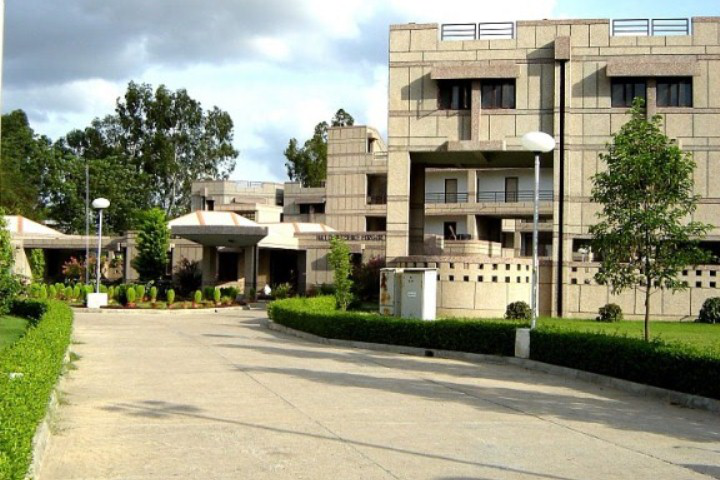
IIT Kanpur eMasters Degree — Data Science and Business Analytics
Personal selection experience:
I am thrilled to have this incredible opportunity to pursue a master’s degree in data science and business analytics from one of the top engineering institutes in India and a globally acclaimed university in science, engineering, management, and humanities. Here are some key highlights of the program:
🔹 Comprehensive Curriculum: The program combines the latest advancements in data science with the practical applications of business analytics, providing a comprehensive understanding of the field. Topics covered include data mining, machine learning, statistical modeling, big data, and more.
🔹 Flexibility for Working Professionals: With its flexible online format, I can pursue this master’s degree while balancing my work and other commitments. It allows me to upgrade my skills and knowledge without compromising my professional growth.
🔹 Industry-Relevant Skills: The program aims to develop the skills and knowledge needed to make data-driven decisions and solve complex business problems. By leveraging data science applications, I will be equipped to make smart business decisions in various industries, including technology, finance, healthcare, marketing, and more.
🔹 IIT Kanpur Alumni Network: Upon completion of the program, I will become a part of IIT Kanpur’s global alumni network, consisting of over 45,000 illustrious members. This network will provide valuable connections and opportunities for collaboration and growth.
🔹 Mentorship and Career Support: I am excited to receive mentorship and career support through IIT Kanpur’s placement cell, which will further enhance my professional development and open doors to exciting career prospects. Students of the eMasters Degree will be connected to the relevant companies that come to IIT Kanpur for recruitment. We shall also arrange virtual job fairs exclusively for eMasters Degree students.
🔹 Incubation Support for Startups: The program also offers incubation support for promising startup initiatives, providing a supportive ecosystem for entrepreneurial ventures.
🔹 Networking Opportunities: By joining the program, I will have the opportunity to connect with a diverse community of professionals, top companies, world-class practitioners, and researchers. This network will foster valuable synergies and complement my interests.
🔹Campus Visits: The campus visit is a crucial part of this program. It facilitates an in-class experience of face-to-face sessions. Participants not only get an opportunity to meet the faculty members and network amongst themselves; they also get a chance to immerse themselves in the rich academic environment of the institution. They can avail the library facilities during their stay and also use the study areas and social spaces open to the entire community on the campus
The module evaluation policies (attendance, grading, marks distribution etc.)
Convocation and Graduation Ceremony: A student should have completed 60 credits, earned a minimum CPI of 6.5, paid all the dues to the Institute and should have no pending cases of indiscipline against him/her to successfully graduate from the eMasters Program.

The final exams will be conducted in at least 10 major cities across India. These would include New Delhi, Mumbai, Kolkata, Chennai, Bengaluru, Hyderabad, Lucknow, Pune, Ahmedabad, Jaipur, Chandigarh, Guwahati. Additional centers may be added subject to the number of participants from a particular region.
Final exams for each module will be conducted at select examination centers across India. In case the exams are conducted online, then these will be proctored remotely. Exact details about the final exams will be shared closer to the start of the respective modules.
I am honored and grateful for this recognition and the chance to embark on this transformative learning journey. I look forward to sharing my experiences and knowledge gained through this program with all of you. Thank you for your continued support and encouragement!
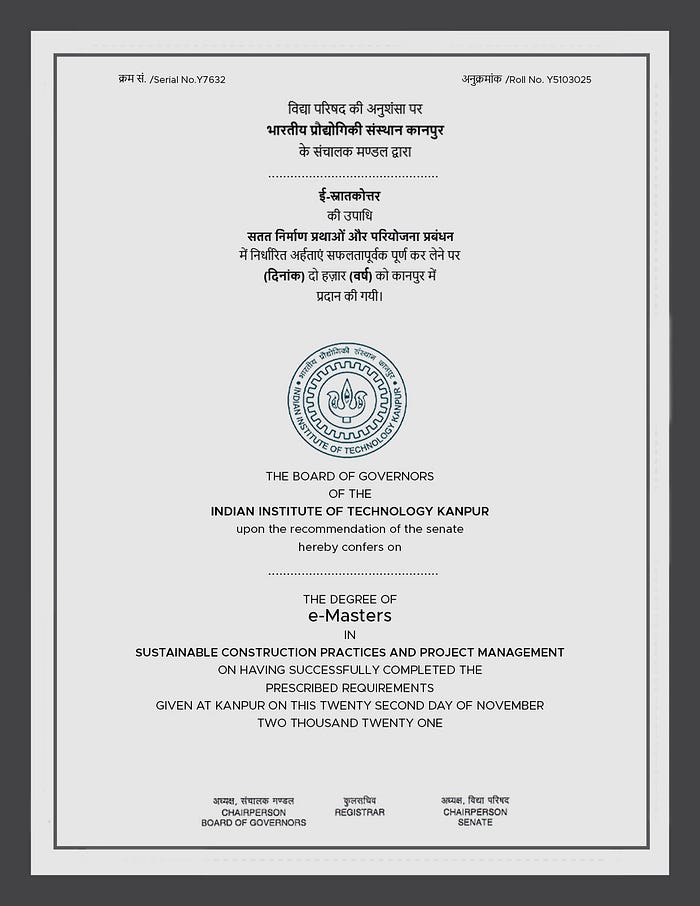
Curriculum:
A well-researched real-world curriculum by IIT Kanpur’s subject matter experts that fosters hands-on learning and helps you master the desired capabilities by combining deep formal rigour and an intensely practical approach.
The curriculum for eMasters in Data Science and Business Analytics comprises Core ©, Advanced Electives, Domain Electives (E) modules, and Projects (P). Participants are given flexibility in deciding on electives and projects and follow the structure of 3 Core Modules + 3 Modules from a basket of 5 Advanced Electives + 4/5 Modules from a basket of 5 Domain Electives + 2 Projects (1 project+1 elective)
Core Modules
Stochastic Elements of Business: This is an introductory module. The emphasis will be on the practical use of data analysis techniques for visualization and summarization of data yielding useful insights. The topics covered include probability, random variables and distributions, limit theorems and point estimation, confidence intervals, hypothesis testing, and analysis of variance.
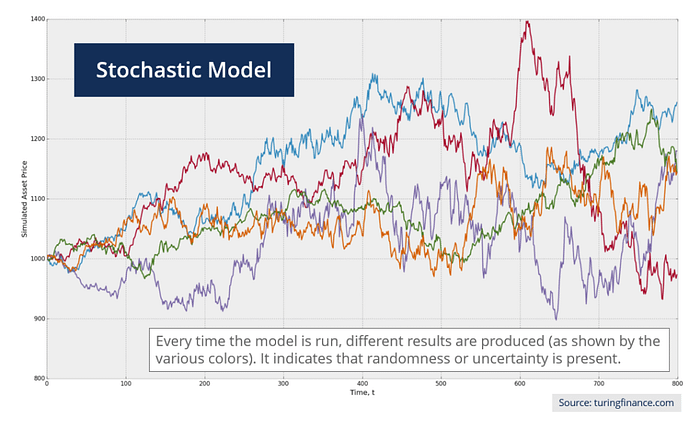
Linear and Non-Linear Modeling: This module will introduce you to regression tools that help explore causal relationships between different factors within a business environment. The topics covered include regression, linear regression with one and multiple variables, measures of fit, and heteroscedasticity.

Fundamentals of Data Mining Tools & Techniques: The module gives an insight into data mining (DM), its theoretical foundations, tools, and techniques. Some of the topics covered include data preparation for DM, supervised and unsupervised learning, decision trees, artificial neural network, native Bayes classifier, classification evaluation, and improvement techniques.
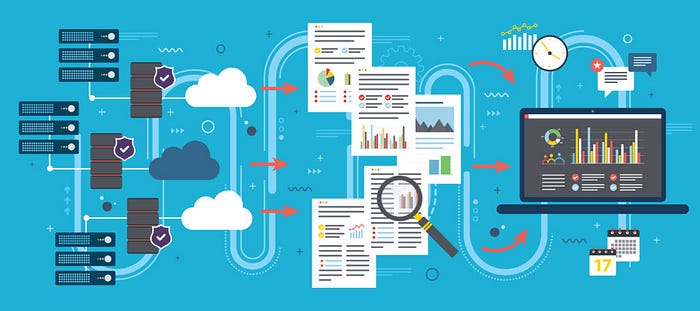
Advanced Elective Modules
Applied Machine Learning: The module provides a sufficient theoretical understanding of various ML techniques and an opportunity to apply them to a data set using the python programming language. Optimization Methods for Analytics: In this module, you will learn about optimization models and techniques and how to effectively apply them in solving management and engineering problems. The topics include linear programming, its applications, graphical and simplex method, duality and sensitivity analysis, numerical optimization — search, and gradient methods.

Temporal and Cross-Sectional Modeling: In this module, you will learn about some of the important forecasting tools to be applied in the context of business settings. The module further puts a spotlight on statistical analysis models like ARIMA, and exponential smoothing that uses time series data to better understand the data set or to predict future trends.
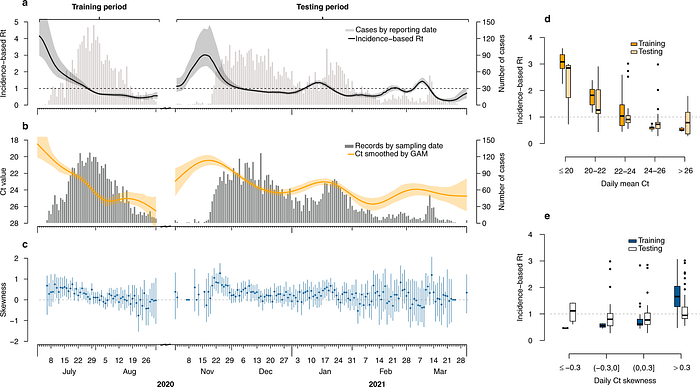
Causal Inference Methods: Here, you will be introduced to a set of econometric tools necessary for business decision-making. This is an application-based module where you will learn the importance of conducting causal analysis and how one can use it effectively to optimize business processes. The module will also deliberate on methods that are useful in drawing causal inferences like propensity score matching method, regression discontinuity method, true experiments, and quasi-experiments.

Multivariate Data Analysis: Here, you will learn to recognize the data patterns containing more than two variables as part of multivariate data analysis. In addition, you will learn how multivariate data analysis is used in the corporate environment to support decision-making. The topics covered include factor analysis, ‘R’ type factor analysis, canonical correlation analysis, conjoint analysis, cluster analysis, multidimensional scaling, and structural equation modeling.
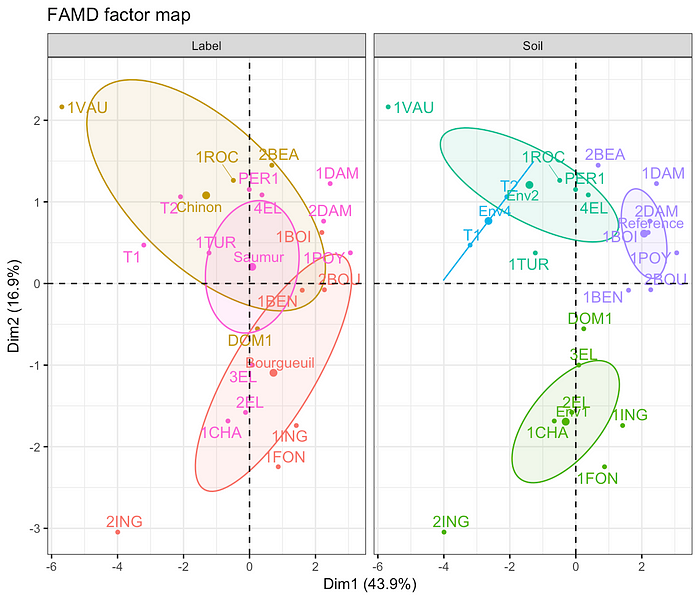
Domain Elective
Modules Marketing Analytics: Through this module, you will explore how statistical tools can be used to improve marketing decisions and return on marketing investment. Topics covered include marketing analytics, pricing methods, customer lifetime value (CLV) calculation, market segmentation — cluster analysis, retailing — RFM analysis, direct mail optimization, advertising — media selection models, online business, and recommender systems.

Financial Analytics: Here, you will develop the necessary technical knowledge of building financial models and doing financial analytics using Excel NBA/R/Python. The module includes topics covering the application of data analytics in the financial markets: equity markets, fixed-income markets, and derivative markets. The module has a dedicated focus on portfolio analytics and risk management.
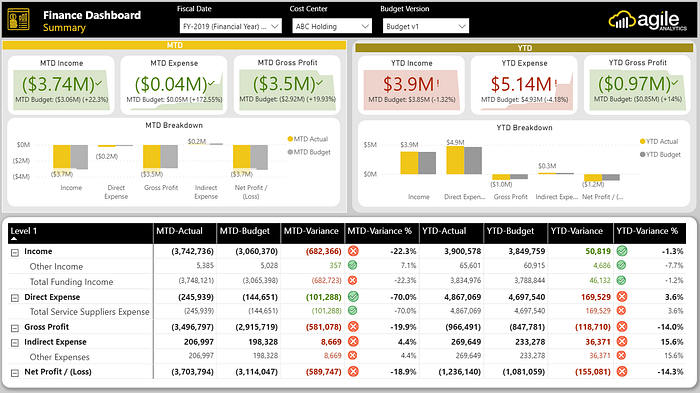
Social Media Analytics: Social media has changed how individuals live, buy, interact with each other and consume products, services, and information. This module aims to help you understand the complexity of network effects and how companies can use their social media data to drive their strategies and make profitable decisions.
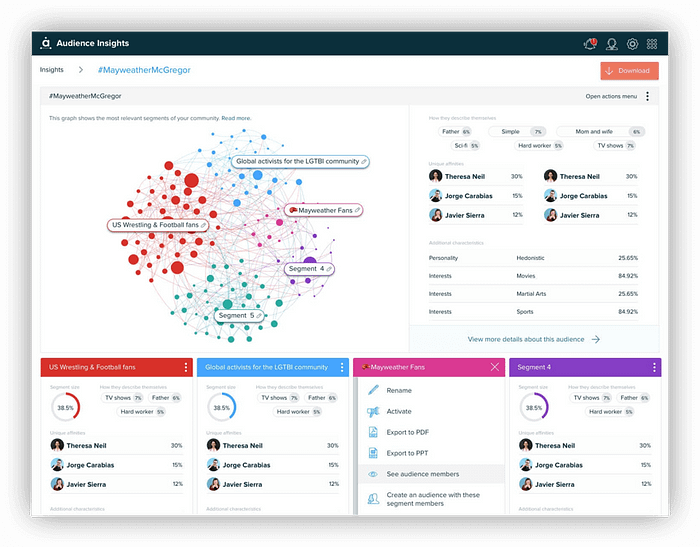
Supply Chain Analytics: This module encompasses a detailed understanding of the design and management of a supply chain. You will also learn to critically analyze the performance of a supply chain ecosystem statistically and also get exposure to the techniques for improving the performance of a supply chain function in the organization.

HR Analytics: Through this module, you will be able to impart necessary skills for quantification of human attributes and efforts and measuring their efficiency and effectiveness in producing desirable organizational outcomes. Some of the topics covered include capability planning, LAMP framework, evidence-based management (Mercer framework), and talent management audit.
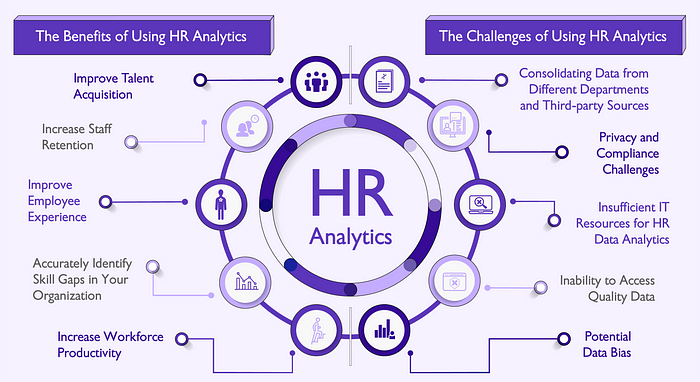
Grading and Peformance evaluation:
The module evaluation policies (attendance, grading, marks distribution etc.) will be announced prior to the commencement of a module in that particular quarter. The end-of-quarter proctored examination will be conducted at pre-designated centers where the students appear in person and validate their identity to take the examination.
Grades: Prior to 2022 Fourth Quarter, Seven letter grades: A*, A, B, C, D, E, F can be awarded. The correspondence between grades and points (on a 10-point scale) is as follows: A*: 10, A: 10, B: 8. C: 6, D: 4, E: 2. F: 0 Grades: From 2022 Fourth Quarter, Ten letter grades: A*, A, B+, B, C+, C, D+, D, E, F can be awarded. The correspondence between grades and points (on a 10-point scale) is as follows: A*: 10, A:10, B+:9, B:8, C+:7, C:6, D+:5, D:4, E:0, F:0.

In every registered module, a student is awarded one of the letter grades indicating his/her overall performance in the module and earns 5 credits except when the awarded grade is F in which case no credits are earned. If a student does not complete sufficient requirements for a module, the instructor may award grade I (Incomplete).
The student must complete the module requirements within 2 quarters, after which the instructor will convert an I grade to a regular letter grade, failing which it will be automatically converted to an F grade. A student getting an E or an F grade in a module must either repeat it or substitute it with another module as suggested by the academic authorities. A student getting a D grade in a module may be allowed to repeat it.
Online Learning Platform
Online LIVE and self-paced sessions are delivered through AI-powered iPearl.ai Live interaction as per the faculty availability Apply learnings through projects while working in teams and establish a peer network Final module-level exams will be conducted across major cities in India Opportunity to meet experts and experience the IITK campus during campus visits.

Thats all folks. For more details like fee structure please visit their website. IIT Kanpur Masters Degree: Learn from the Best, Excel in Your Career
All the very best in your future endeavors.


